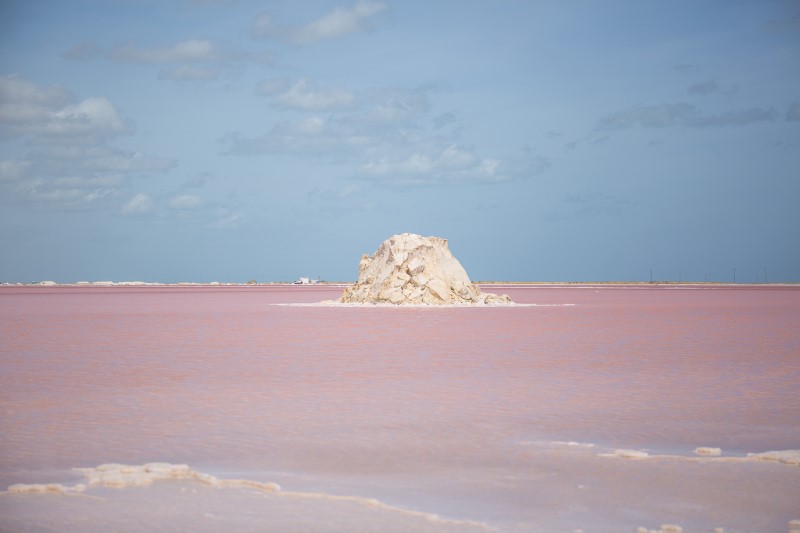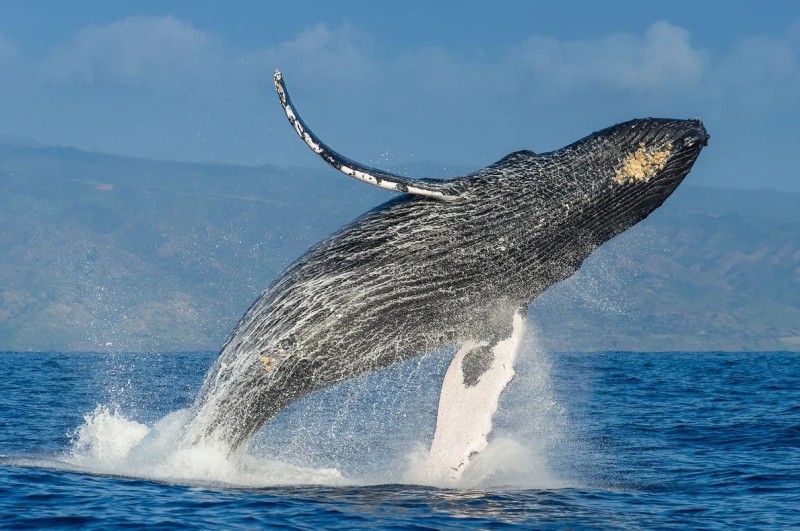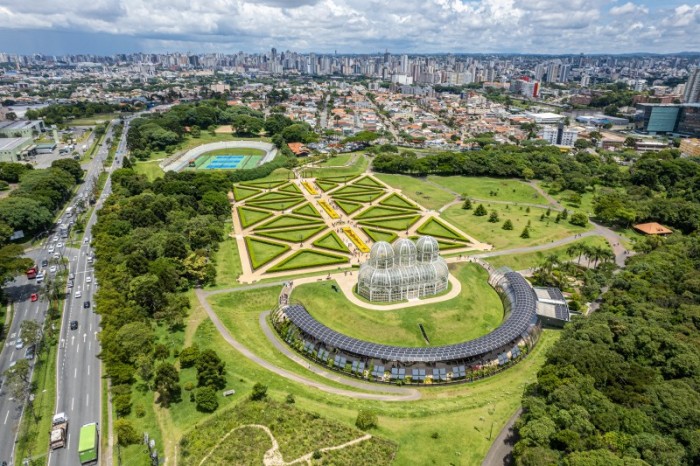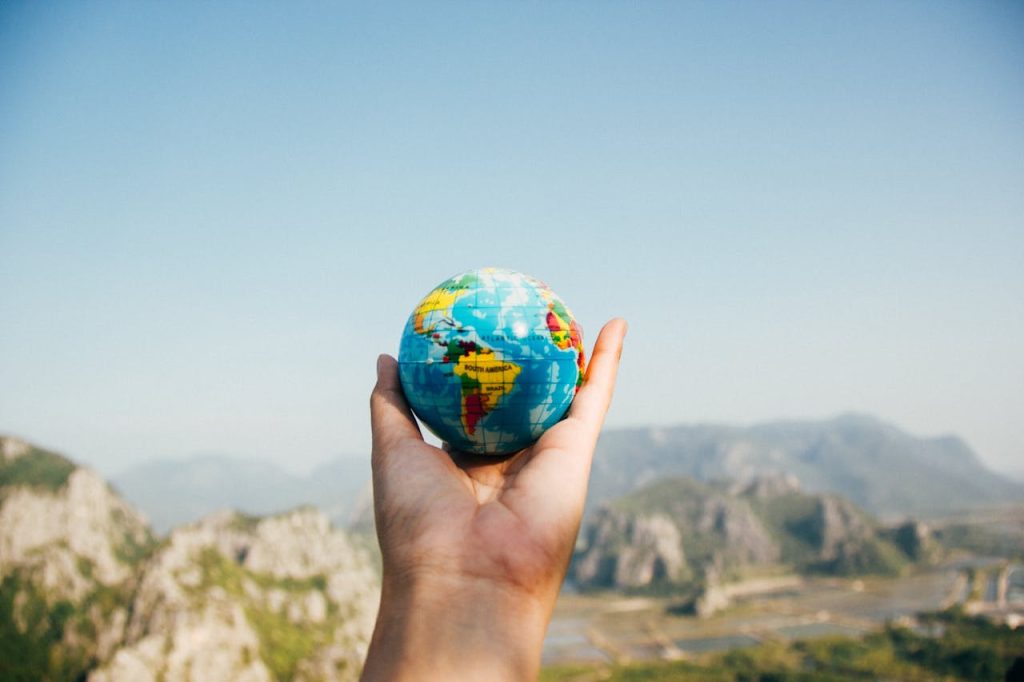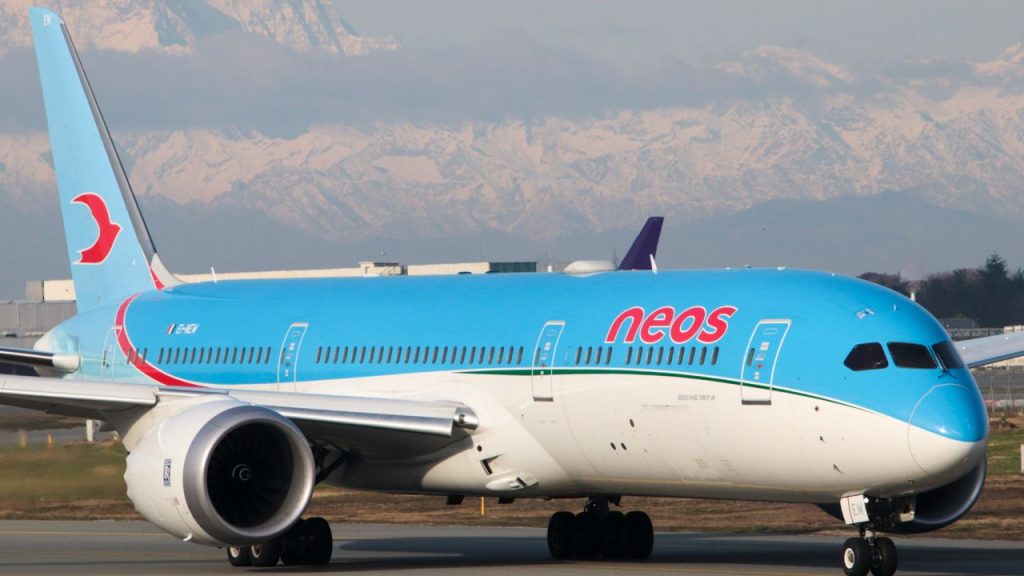In the north of Colombia, in the region of La Guajira, lie the spectacular Manaure Salt Flats, a place where ancestral craftsmanship and crystalline landscapes come together to create a unique natural spectacle. This site is not only a geological curiosity, but also an immersion in the Wayuu culture, the indigenous people who have lived here for centuries. With its vast saltwater evaporation basins, salt mountains and sky reflecting the sunlight, Manaure is a cultural and natural treasure.
La Guajira: a landscape of contrasts
The region of La Guajira is an arid land, characterised by vast sandy deserts, giant cacti and coastlines bathed in the crystal-clear waters of the Caribbean Sea. In this extreme environment, 60km from Riohacha – the department’s capital – lies the Manaure Salt Works, where salt production has become a veritable symbiosis between man and nature.
The Manaure Salt Works: History and Operations
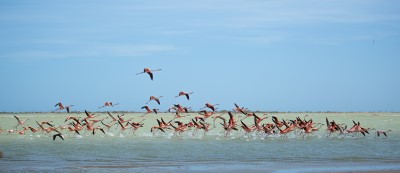
Manaure is Colombia’s largest salt producer, with over 70% of the country’s salt coming from this region. The area has been mined for centuries, long before the arrival of the Spanish. The salt extraction process, which is still largely artisanal, follows traditional methods inherited from the ancestors of the Wayuu. The site is divided into pink-hued basins where the seawater evaporates under the action of the sun, leaving behind vast expanses of crystallised salt, contrasting with the green or aquamarine hues of the Caribbean waters.
Visitors to the Salines can discover every stage of salt production, while admiring the breathtaking scenery. Light plays a key role, and the site takes on the appearance of a natural mirror, especially at sunset and sunrise, when the flamboyant colours of the sky are reflected in the pools.
Discovering the flora and fauna
Despite the extreme climatic conditions, the Manaure region is a unique ecosystem that attracts a wide variety of birds, such as pink flamingos and pelicans, which find refuge in the wetlands created by the salt pans. Along the salt flats, the local flora consists mainly of towering cacti and other plants adapted to this arid environment.
An encounter with Wayuu culture
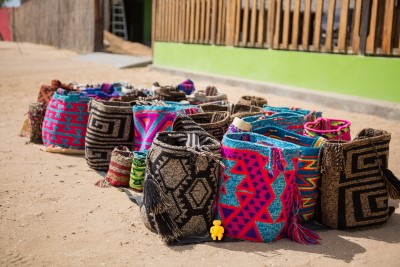
The Wayuu, the main inhabitants of this region, play a fundamental role in the management of the salt pans. This indigenous people, deeply tied to the land, perpetuate their traditions through salt collection and handicrafts. One of the most authentic experiences for visitors is the opportunity to discover a ‘ranchería’, a small indigenous community where travellers can immerse themselves in the daily life of this ancestral culture.
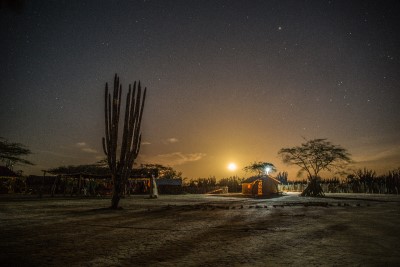
In the heart of the rancherías, Wayuu families reveal their ancestral skills through colourful weavings, notably the famous ‘mochilas’ (traditional bags), while sharing stories and dances that perpetuate their rich cultural heritage. These villages offer a real immersion in the community life and spiritual beliefs of these people. The accommodation, though modest, promises an unforgettable experience, marked by evenings spent listening to indigenous legends told under the clear, starry skies of the Guajira, in an atmosphere of serenity and authenticity.
Traditional cuisine
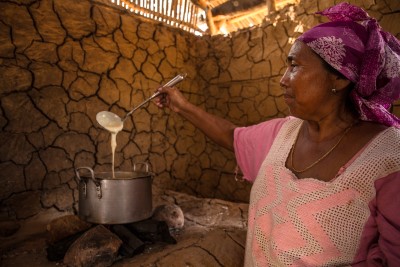
Visitors to the rancherías can also discover Wayuu cuisine. Goat-based dishes such as friche and chivo guisado are emblematic of this region. Accompanied by corn or beans, these dishes offer an authentic culinary experience, rich in flavour and a true reflection of the local culture.
The gateway to the Upper Guajira
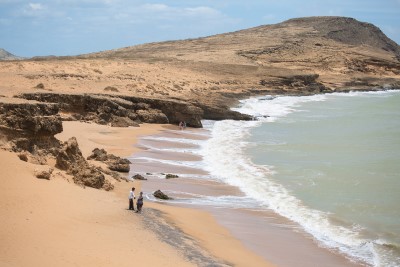
Manaure is also a starting point for exploring other wonders of La Guajira, such as Cabo de la Vela, the majestic Taroa dunes and Punta Gallina, the most northerly point in South America. These places offer breathtaking landscapes, between sea and desert, where visitors can alternate between hiking and relaxing on secluded beaches.
The Manaure salt flats illustrate the harmonious interaction between a unique environment, a thousand-year-old tradition and an indigenous community deeply rooted in its beliefs and way of life. This site offers a real immersion in the history and culture of the Wayuu, an authentic journey to the heart of one of Colombia’s most captivating regions.
Photos: Visit Latin America

